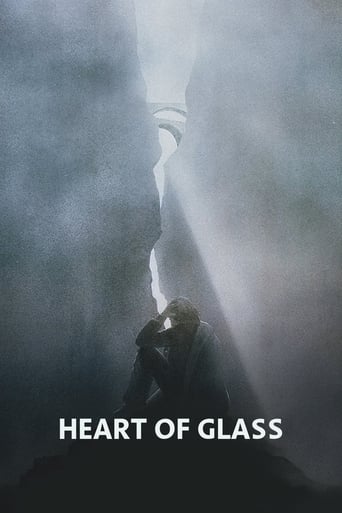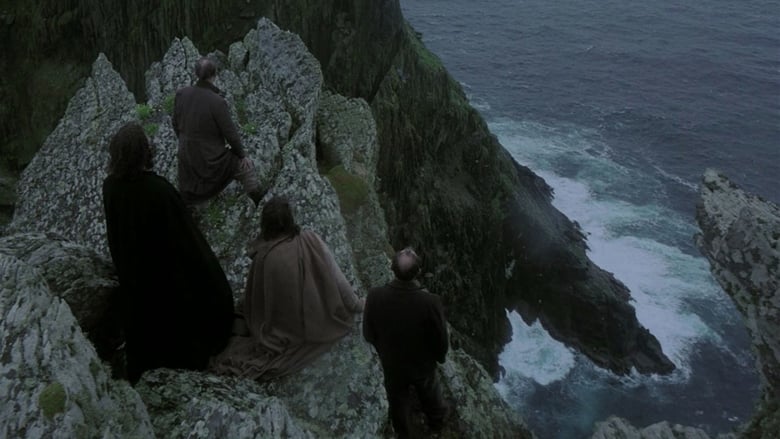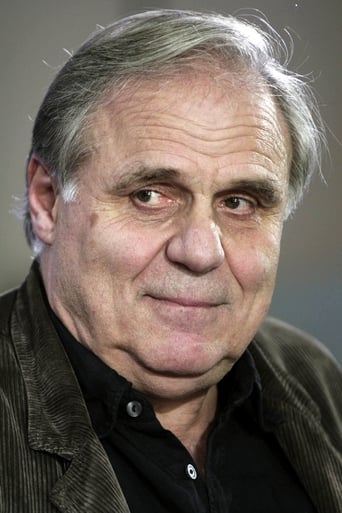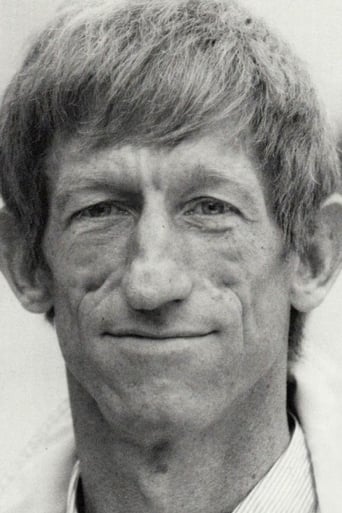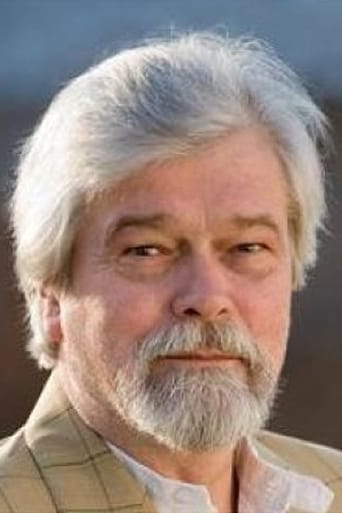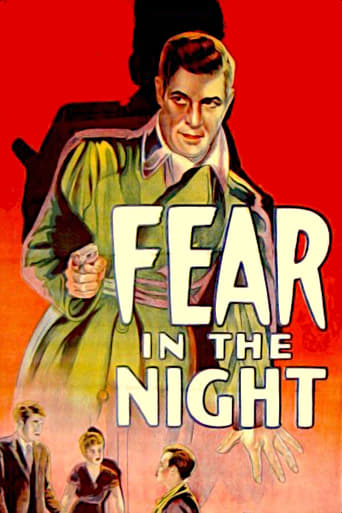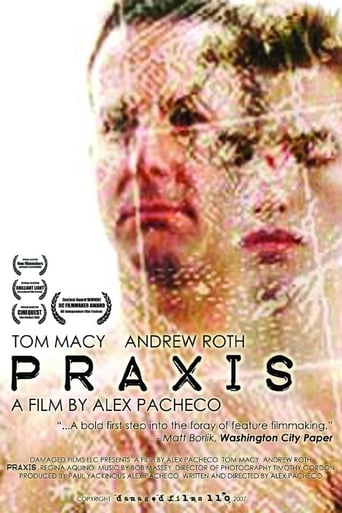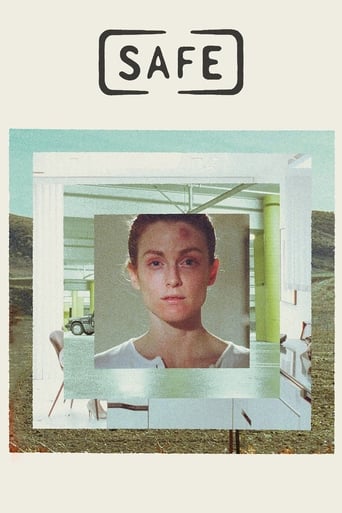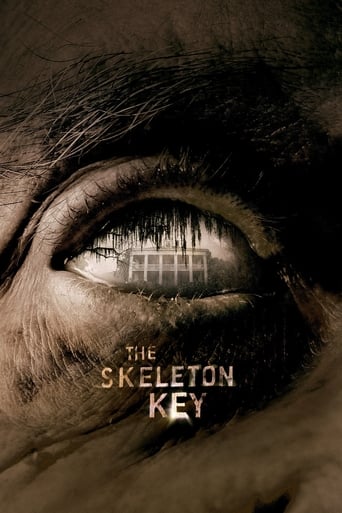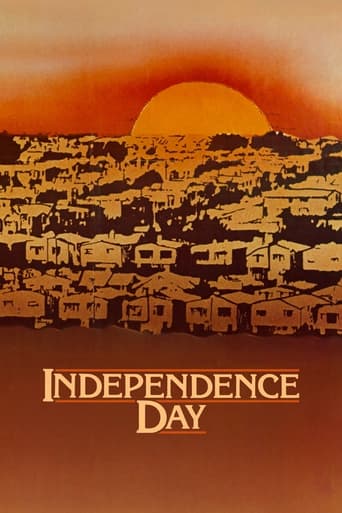Heart of Glass (1977)
A small Bavarian village is renowned for its "Ruby Glass" glass blowing works. When the foreman of the works dies suddenly without revealing the secret of the Ruby Glass, the town slides into a deep depression, and the owner of the glassworks becomes obssessed with the lost secret.
Watch Trailer
Cast
Similar titles
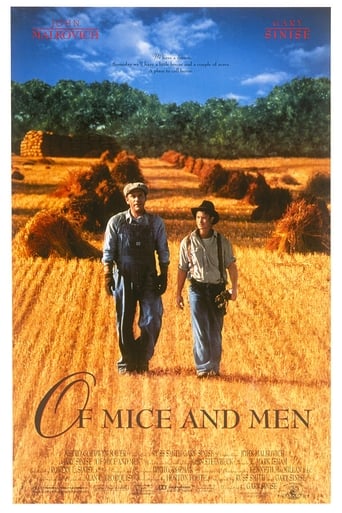
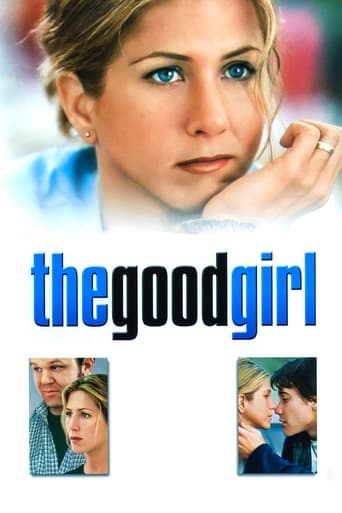
Reviews
Such a frustrating disappointment
Just what I expected
Just perfect...
Good films always raise compelling questions, whether the format is fiction or documentary fact.
The foreman of a small village glassworks dies without revealing the secret to the famous "Ruby Glass".This is very much a Werner Herzog film. Although the plot itself is interesting, and allows us to see a small village collapse in on itself because f its failure to diversify its economy, it really is not about the plot at all. It is a collection of unusual characters -- and sometimes just strange faces -- that make up Herzog's world. Not having been to Germany, I can't say, but I suspect his view and the real world are very much in opposition! What lessons are we to draw from this film? I have no idea. I mean, you know, besides the idea that it's important to write things down in case of our untimely demise!
In the story of the breakdown of a small glassblowing factory in a Bavarian village around 1800, Werner Herzog's Heart of Glass sees the melancholy of communities depending on manufacture, the disconnectedness of people without a feeling of purpose. Dashed hopes and visions of a desolate future come in the guise of the soothsaying of a shepherd, who prophesizes in a hypnotic state. Stay with me here.This is one of the most legendary of Herzog's films, known as the one where most of the actors were put in trances for most of the scenes. It hasn't been seen much, maybe since it isn't to the predilection of most people. There's no orthodox story, no conclusion, and the final scene is an allegory apparently not related to anything that's gone before. The movie's like a piece of music, where everything is understood in terms of tone and ambiance.Herzog's panorama has two shots from the tops of peaks, looking down over the earth and the ocean. The rest of the movie is set in a few houses, a beer hall, a glass factory, and in the forest engulfing the village. The people rely on the manufacture of rose- colored glassware. The head glassmaker Muhlbeck has died, taking with him the secret of the glass. Reckless attempts are made to retrieve the formula, but all blunder. A sensible person might say the factory can make other kinds of glass. But there are no sensible people around here.The dialogue the actors perform under Herzog's hypnosis is delivered with a barren conviction. It lacks energy and identity. What if what we're really hearing are Herzog's own inflections as he hypnotized them and told them what to say? Is he acting through them? These are not really characters, though they have idiosyncrasies. They're people who have had their spirit taken from them by the deterioration of their work. It's a bleak life, but it's a purpose.The survivor of a drunken free-fall from a hayloft waltzes despairingly with his friend's corpse. People drink and stare. In a particularly memorable scene, one guy breaks a beer stein over another guy's head, who doesn't react. Then, he unhurriedly pours his own beer over the first one's head, again yielding no reaction. You can feel what Herzog is driving at. In reality, you don't break a mug over someone's head without some apparent rationale, but that's gratuitous for Herzog's intentions. He shows the animal texture of the two men fighting. They need no explanation. They're devoid of motivation, to fight or to live. They've been rendered into shells of despondency and bitterness. Some imagery works fine without literal interpretation. Heart of Glass seems to me to be such a piece of work. We may not quite know what it makes us think, but we know how it makes us feel.
Hypnotized actors, in this story of how something as fragile as glass can bring on the apocalypse for a small German community. There's a character who predicts the future, and narrates in some of Herzog's most poetic dialog yet. The scenes at the end overlooking the cliffs above the Atlantic and their dream of "worlds to come", keep this from being your usual end of all things story. For Herzog there aren't ends, just junctures where one thing dies and another begins. Cycles in history (reflected in the mysterious prophets discussion of greater apocalypses to come in the future world wars 1 and 2).The man who can see the future (and who is of course blamed for all the towns ills), at one point wishes he was out of his cell, and in the next scene he's walking in the woods talking to himself, giving the film a strange tinge of magic realism(though realism and this film don't exactly mix). Strange, difficult, but unforgettable, and a must for Herzog fans. (also it's where the Blondie song comes from)
Werner Herzog has this unique ability in the impact his films have. All his films are a clash between realist presentation and extreme situations. Heart of Glass is Herzog at his most hyper-real. By hypnotising the majority of the cast and provoking them into hypnosis-induced improvisation, he has created an incredibly surreal film which is in itself hypnotic.Heart of Glass contains a lot of personal material for Herzog, given that its setting is the Bavarian countryside where he grew up, and its story and many of its themes are quintessentially Bavarian. But conversely this isn't purely some sentimental homage to the Bavarian way of life it's actually very pessimistic and doom-laden, as is a lot of Herzog's work to be honest. Still, it is set against this Bavarian backdrop, and Herzog shows us the beauty of its landscapes and its vanishing ways of life with great reverence.The film is incredibly slow and still there's a kind of serenity to it which is at odds with the confusion and mounting desperation of the characters. Unusually for him, Herzog keeps his camera still for most of the picture allowing the action to flow in and out of the frame, giving us the feeling that we are passive observers of this chaotic nightmare that is unfolding before us. There's a lot of editing back and forth between events going on simultaneously, a bit like the tension-building cross cutting technique pioneered by D.W. Griffith, only with Herzog it's much, much slower. It still has this powerful effect though of showing the spread of mass hysteria through the village in which the action takes place.Famously Herzog hypnotised all but a few of his actors, and he managed to get some really good results out of them. I really recommend listening to Herzog's DVD commentary even if you find the film itself boring for some really fascinating insights into this. The leading professional actor, Josef Bierbichler (who was not hypnotised), also gives a really strong performance as the mythical shepherd and prophet Hias.The music, by regular Herzog collaborator Popol Vuh, is one of my favourite scores by that composer. He has clearly taken inspiration from Bavarian music and created this really warm and tender main theme to score the landscape shots, as well as an eerie melody for darker scenes.At first glance, this seems like a film that is about mood and texture above story, which is something I really despise. It's not though all good directors use style and method to help convey a story. Herzog's stylisation is so extreme that often it overshadows the plot but he does have respect for his story. Heart of Glass is a very strange film by a very strange director, and not one that is easy to watch, but it is a very beautiful and rhythmic work and, as I mentioned before, the commentary track alone is worth getting the DVD for.
